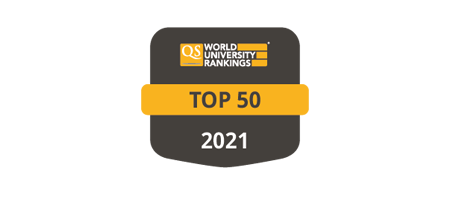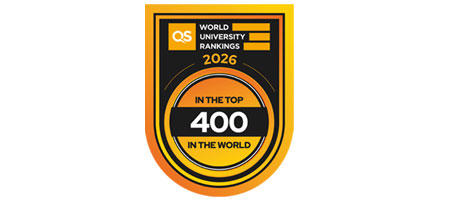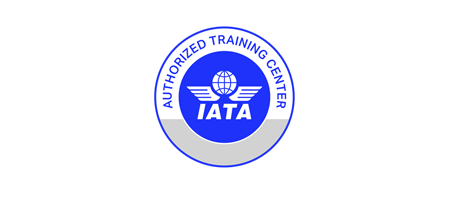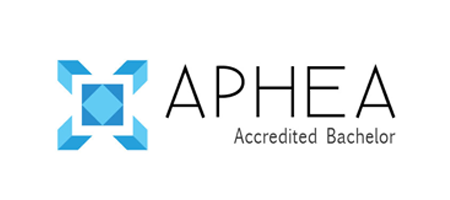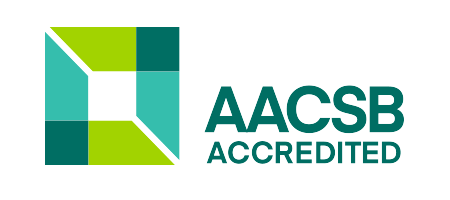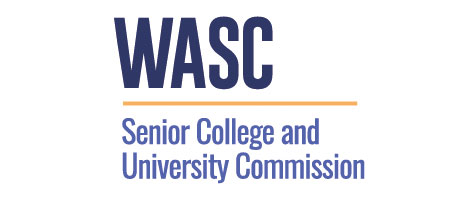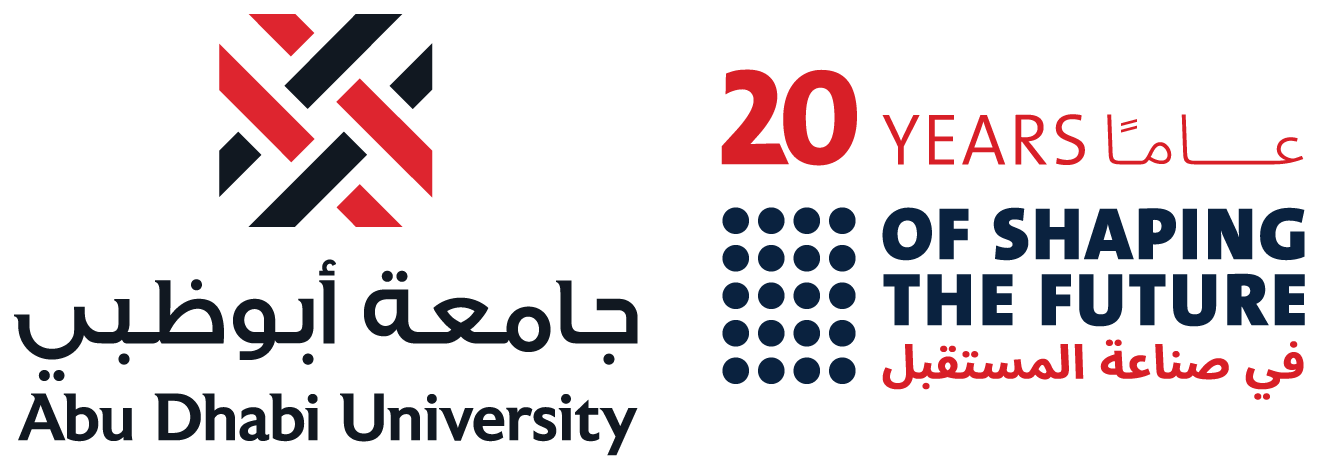The ADU Journal of Innovative Pedagogy and Educational Transformation (IPET) aims to provide a dedicated online, open-access platform for the dissemination of high-quality research, theoretical studies, and practical insights in the fields of pedagogical innovation and educational transformation.
Editors-in-Chief
Local Editorial Board

Sharjah Education Academy
Dr. Ayman Massouti

Abu Dhabi University
Prof. Ghanem Al Bustami
United Arab Emirates University
Dr. Mohammad Al-Rashaida

United Arab Emirates University
Dr. Mona Aljanahi

Emirates College of Advanced Education
Dr. Patrícia Fidalgo
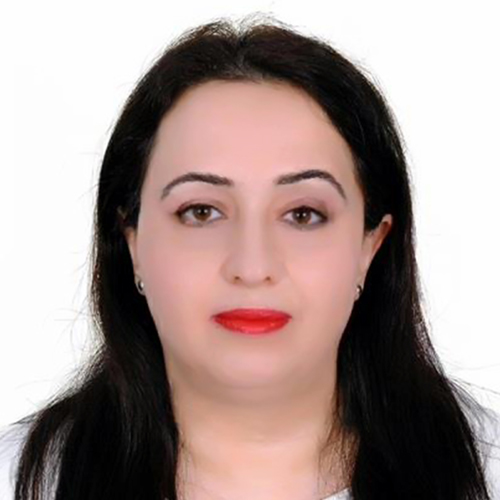
Emirates College of Advanced Education
Dr. Reem Hashem
Abu Dhabi University
Dr. Sana'a AlReiahy

Abu Dhabi University
Dr. Yara Azouqa
International Editorial Board
Polytechnic Institute of Leiria, Portugal
Dr. Ana Pires

JAMK University of Applied Sciences, Finland
Dr. Eila Burns
Sultan Qaboos University, Oman
Dr. Ibrahim Al-Qaryouti
Emirates College of Advanced Education
Dr. Mohammed Musah
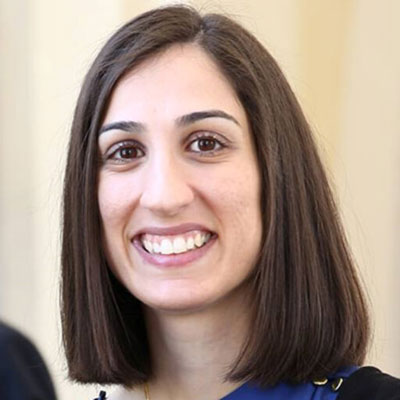
University of Coimbra, Portugal
Dr. Mónica Lourenço
University of British Columbia, Canada
Dr. Nasrin Kowkabi

Queen’s University Belfast, Northern Ireland
Dr. Yecid Ortega
Duties of Reviewers
- Contribution to Editorial Decisions: Peer review assists the editor in making editorial decisions and through the editorial communications with the author may also assist the author in improving the paper. Peer review is an essential component of formal scholarly communication, and lies at the heart of the scientific method.
- Promptness: Any selected referee who feels unqualified to review the research reported in a manuscript or knows that its prompt review will be impossible should notify the editor and excuse himself from the review process.
- Confidentiality: Any manuscripts received for review must be treated as confidential documents. They must not be shown to or discussed with others except as authorized by the editor.
- Standards of Objectivity: Reviews should be conducted objectively. Personal criticism of the author is inappropriate. Referees should express their views clearly with supporting arguments.
- Acknowledgement of Sources: Reviewers should identify relevant published work that has not been cited by the authors. Any statement that an observation, derivation, or argument had been previously reported should be accompanied by the relevant citation. A reviewer should also call to the editor's attention any substantial similarity or overlap between the manuscript under consideration and any other published paper of which they have personal knowledge.
- Disclosure and Conflict of Interest: Unpublished materials disclosed in a submitted manuscript must not be used in a reviewer’s own research without the express written consent of the author.
